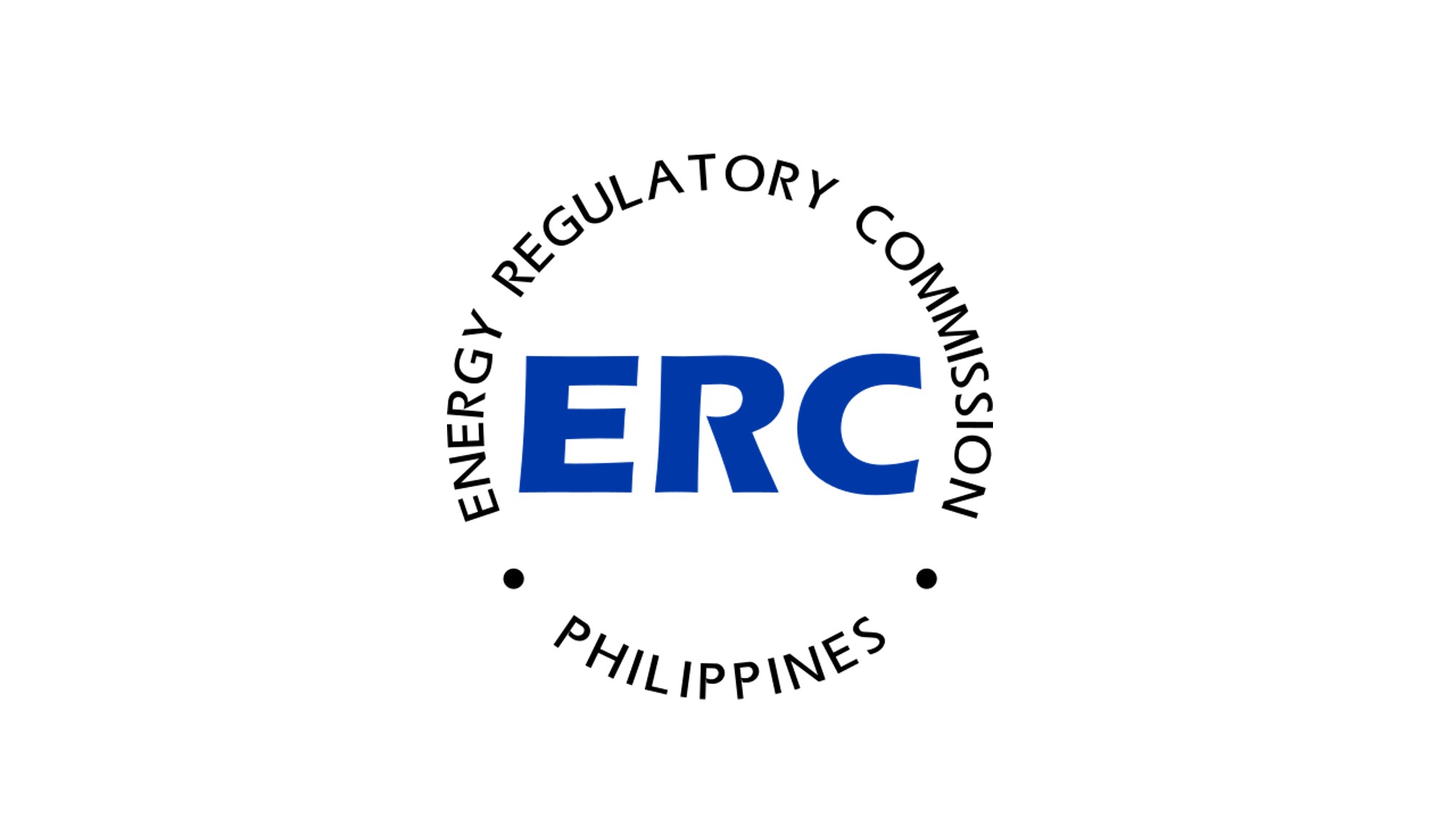ERC comments on DOE’s draft policy to enhance net-metering
- December 11, 2019
- 0

The Energy Regulatory Commission (ERC) affirmed the Department of Energy (DOE) that the recently amended Net-Metering Rules should be made applicable to all types of renewable energy sources and not just focused on a certain type of technology or resource.
This was in light of the recent letter the commission sent the department regarding its draft circular titled “Policies to Enhance the Net-Metering Program for Renewable Energy Systems and Other Mechanisms to Ensure Energy Security.”
“Upon perusal of the draft department circular, we were of the opinion that there are possible legal impediments in the implementation of the DOE circular. The cross-cutting concerns of energy security, affordability, and reliability also needs to be considered and addressed,” said ERC Chairperson and CEO Agnest VST Devanadera.
The commission raised the following possible drawbacks of the DOE’s draft circular:
The Commission commented that the use of retail rate as one of the compensation mechanisms, as opposed to the use of blended generation cost that the ERC adopted in its recently promulgated Amended Net-Metering Rules, will consequently increase the generation cost of the distribution utility through the net-metering program.
This was on the basis of simulation it conducted on the impact of using the retail rate as the price of export at different levels of net-metering generation. The resulting retail rate of PhP13.85/kWh at 30 percent maximum net metering penetration level is even higher than the last Feed-in-Tariff (FIT) rate set at PP8.69/kWh, and this runs contrary to the EPIRA’s policy to provide the least cost power options to captive consumers.
Moreover, the Commission asserted that it has the mandate to issue rules and regulations pertaining to Net-Metering; thus, fulfilling such mandate in its promulgation of the Net-Metering Rules in 2013 and the Amended Net-Metering Rules last October.
“The Commission fully supports the development of the RE Program, and we commend the DOE for coming up with its draft department circular that seeks to encourage and promote electricity end-users participation into the Net-Metering Program. The department circular, however, should not veer away from the confines of the law that it seeks to implement,” Devanadera stated.